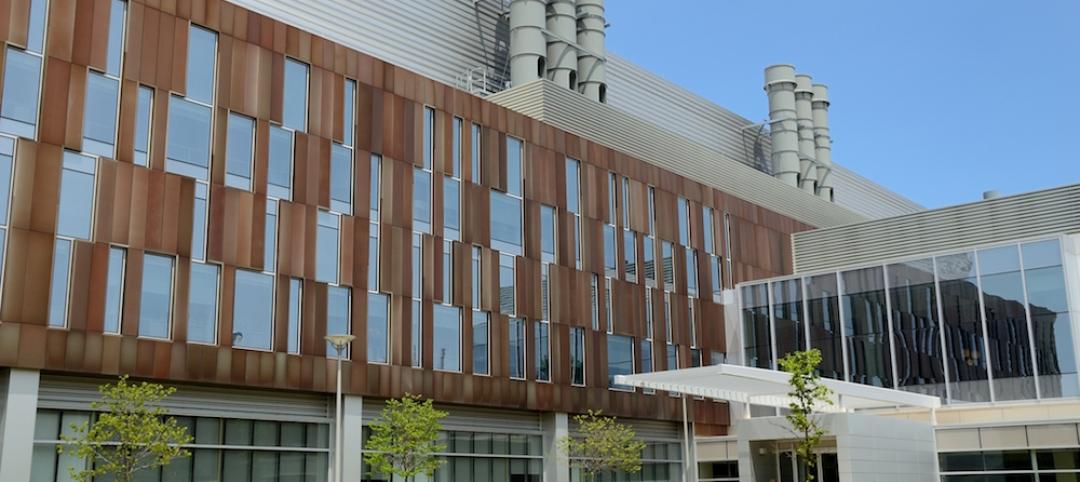Two years ago, a plan to create a smart city project along Toronto’s waterfront was unveiled with great fanfare.
Since then, the proposal, spearheaded by Sidewalk Labs, a subsidiary of Alphabet (Google’s parent company) has prompted extensive public criticism and a lawsuit by the Canadian Civil Liberties Association over data privacy and misuse concerns. The ambitious project was conceived as a showcase for the latest smart city technologies.
The project is to be centered on sustainable and safe transportation systems, and efficient and affordable housing. Technology such as “adaptive traffic lights” would prioritize cyclists and pedestrians and study the possibility of autonomous transit options. Innovative building materials and new occupancy models, like “co-housing”, would offer green, reasonably-priced housing.
With sensors tracking people and vehicles sprinkled throughout the development, privacy rights advocates are concerned that the data could be used for surveillance and discourage people to exercise free speech rights. It didn’t help that at public hearings Sidewalk Labs seemed unable to spell out where this data would be stored and how it would be used.
The company also presented a greatly expanded scope of the proposal from the original 12 acres to a 190-acre area at a public meeting, perhaps misreading the intent of the agreement with the city. These issues have caused delays to the project, but Waterfront Toronto, the city group overseeing it, recently voted to go forward with the 12-acre development.
Other smart city projects around the globe, including in South Korea and India, have been also been plagued by delays and controversies. These challenges indicate that making cities smarter will not be easy.
Related Stories
Codes and Standards | Jul 5, 2016
State legislature fails to pass law to extend design-build for New York City projects
Would have allowed five city agencies to use alternate delivery method.
Energy | Jun 30, 2016
Energy Department partnership with CoStar Group will study sustainability impact on property valuation
Database will offer rich data set on energy-efficient buildings in the U.S.
Contractors | Jun 30, 2016
Chicago contractor found guilty of fraud on city’s requirement on minority-owned businesses
Alleged to have been sham business in bid to win city public works contract.
Codes and Standards | Jun 29, 2016
OSHA starts evaluation of construction industry noise standards
New studies indicate significant number of construction workers suffer hearing loss.
Seismic Design | Jun 28, 2016
ASTM International updates seismic risk standards
Expected to improve consistency of risk evaluation on commercial real estate transactions.
Codes and Standards | Jun 17, 2016
Feds publish framework for evaluating public-private partnerships
No single factor determines whether a project yields stronger benefit as a P3.
AEC Tech | Jun 17, 2016
Driverless cars could soon start impacting commercial, retail project design
Offsite parking and more space for valet parking lines are among the foreseeable changes.
Codes and Standards | Jun 17, 2016
Bay State moves toward single BIM protocol on state projects
Massport’s guidelines a step forward for integrated BIM initiative.
Multifamily Housing | Jun 14, 2016
San Francisco voters approve tougher affordability requirement on new housing development
Critics charge that the measure may backfire and actually reduce new affordable units.
Concrete | Jun 13, 2016
American Concrete Institute releases new Guide to Shotcrete
Includes information on application procedures, testing.
















